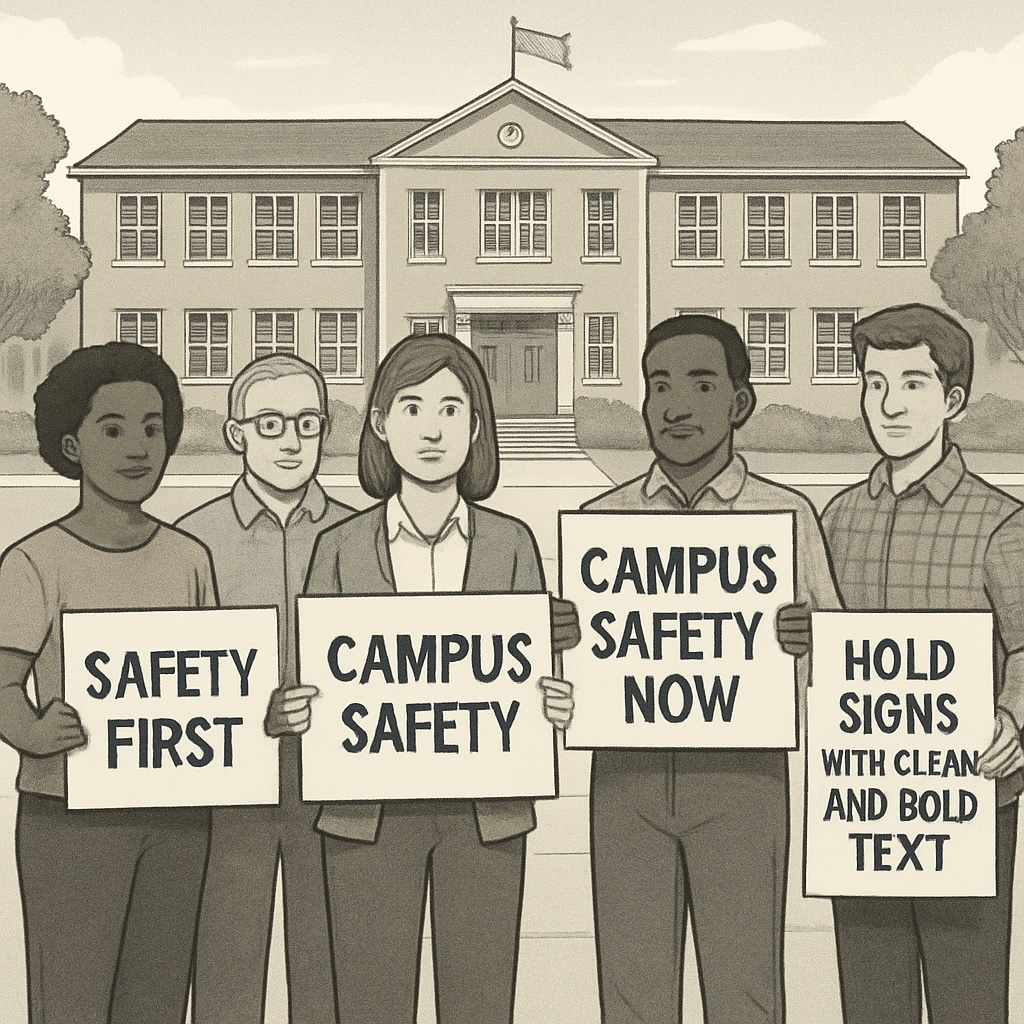Recent protests in a small Maine town have brought national attention to a contentious issue: the suitability of individuals with a history of violent crimes serving on school boards. Concerns over campus safety, children’s welfare, and community accountability have sparked heated debates. The incident highlights the need for robust policies to balance the protection of students with the principles of fairness and legal due process.
Community Concerns and the Role of School Boards
School boards play a critical role in shaping the educational environment and ensuring the safety of children. Members are entrusted with decisions that directly affect students, staff, and families. When a person with a violent criminal past assumes such a position, it is understandable that parents and community members may feel apprehensive. For example, violent offenses raise questions about the individual’s ability to prioritize child safety and foster a secure learning environment.
In the Maine case, community members voiced fears about the potential risks posed by the individual’s history. Public protests, town hall meetings, and letters to local officials demonstrated the depth of their concerns. These actions reflect a growing trend of community engagement in school governance, underscoring the importance of transparency and accountability in leadership roles.

Balancing Campus Safety and Legal Due Process
The issue also raises complex ethical and legal questions. While community members have a right to demand safe environments for their children, individuals with criminal records also have the legal right to reintegrate into society. Denying them opportunities based solely on past actions could perpetuate stigma and hinder rehabilitation efforts. However, when it comes to roles involving children, heightened scrutiny is both expected and necessary.
Background checks (an investigation into a person’s criminal, financial, or professional record) for school board candidates vary across states. Some states mandate thorough checks, while others leave the decision to local districts. This inconsistency can lead to gaps in ensuring that individuals selected for these critical roles meet the highest standards of integrity and safety. A more uniform approach to candidate vetting could help address these concerns.

Proposed Reforms for School Board Member Vetting
To address the concerns raised in cases like that of the Maine town, several reforms could be implemented:
- Standardized Background Checks: Establishing nationwide guidelines for screening school board candidates could enhance consistency and fairness.
- Community Involvement in Candidate Selection: Greater transparency in the nomination and election process can empower communities to make informed choices.
- Clear Disqualifying Criteria: Defining specific offenses that bar individuals from serving on school boards can provide clarity and ensure safety without unnecessary discrimination.
- Rehabilitation Considerations: A system for evaluating candidates’ rehabilitation efforts and current behavior could balance fairness with safety concerns.
Conclusion: Striking the Right Balance
The protests in Maine highlight the tension between community involvement in school governance and the rights of individuals with criminal histories. While ensuring the safety of children is paramount, it is equally important to uphold fairness and legal due process. By implementing standardized background checks, increasing transparency, and defining clear disqualifying criteria, schools can better address these challenges. As this issue continues to spark national discussions, policymakers and communities must work together to ensure that both the safety of students and the rights of individuals are respected.
Ultimately, the goal should be to create an environment where children can thrive, and the community can trust its leaders without fear or doubt. Achieving this balance requires thoughtful reforms and a commitment to equity and accountability.


